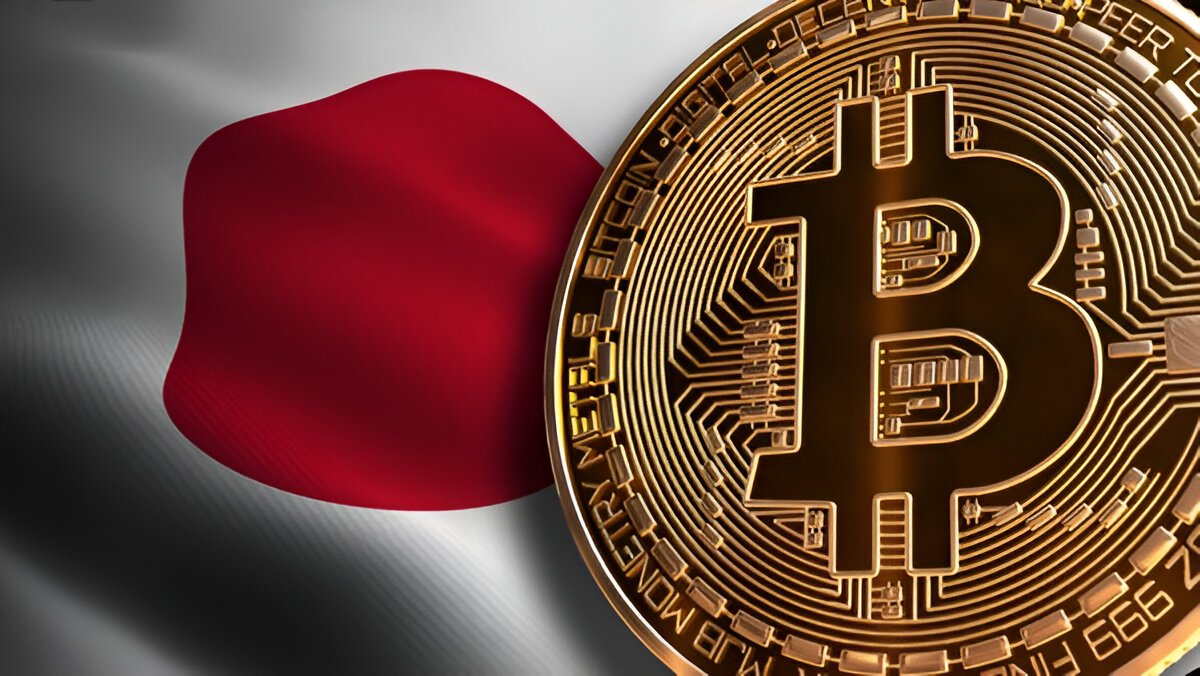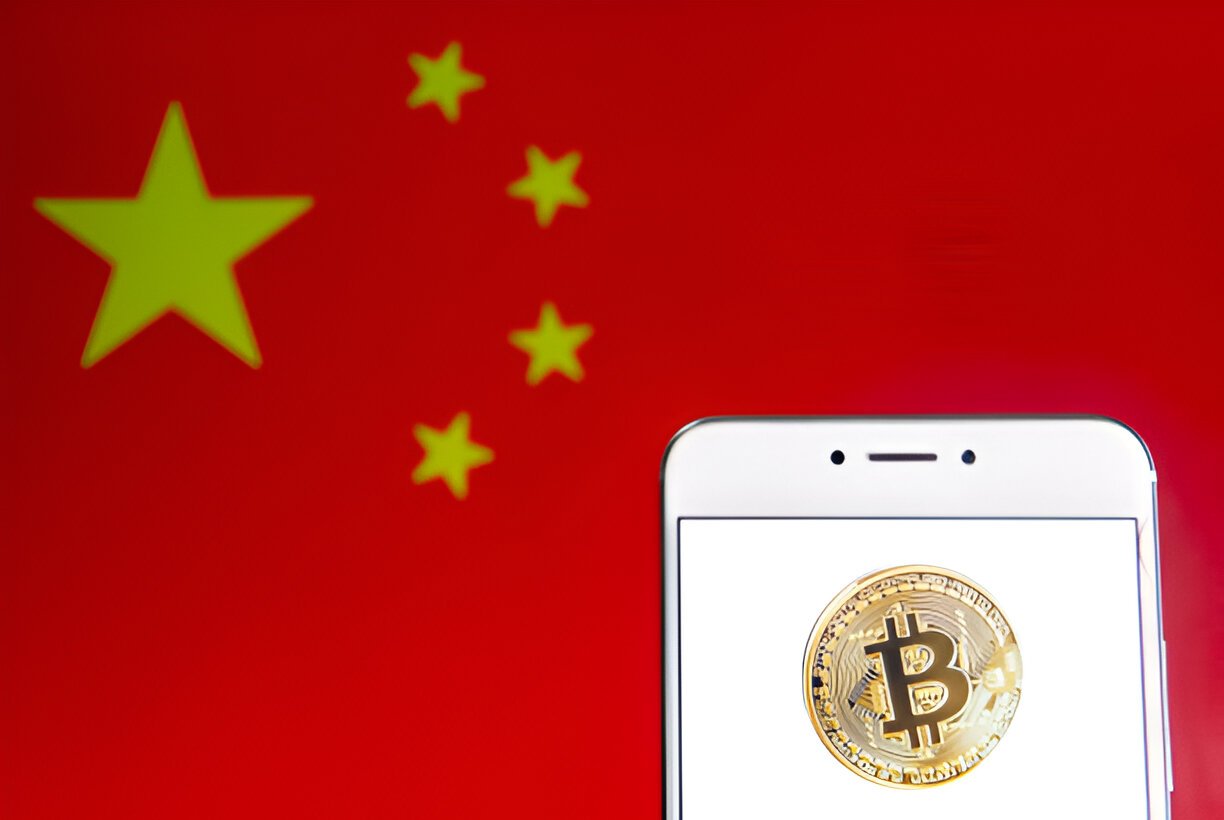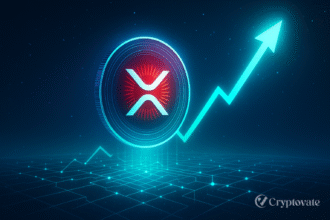Japan is preparing for a fundamental change in how it regulates cryptocurrency. The country’s Financial Services Agency (FSA) has announced plans to reclassify cryptocurrency as financial products, a move set to take effect by 2026. This change will place digital currencies under the Financial Instruments and Exchange Act, the same law that governs traditional assets like stocks and bonds.
Historically, cryptocurrencies in Japan were regulated under the Payment Services Act, which categorized them as means of payment. While this enabled innovation and early adoption, it did not provide a robust framework for addressing market risks such as insider trading, fraud, and manipulation. The reclassification aims to correct that by treating crypto as a serious financial investment.
What This Reclassification Means for Investors
For investors, this move is a double-edged sword—offering both greater protection and tighter oversight. By aligning crypto assets with traditional financial instruments, investors will benefit from enhanced transparency, stricter exchange rules, and regulatory safeguards. These regulations aim to build a safer environment, particularly for retail investors who have been vulnerable to market volatility and scams.
Additionally, the new classification will allow crypto assets to be regulated like securities, opening the door for more institutional investment. This is expected to boost market maturity and encourage the development of sophisticated products like crypto exchange-traded funds (ETFs), which are currently not permitted in Japan.
🔒 Stricter Crypto AML Measures in Japan: Global Standards in Focus 🌐💼#CryptoCommunity #JapanCryptoRegulations pic.twitter.com/fsrbFnO3CF
— SpotSpreads (@SpotSpreads) May 28, 2023Aligning with Global Regulations on Digital Assets
Japan’s decision mirrors the global regulatory trend. Countries across the world, including the United States and members of the European Union, are drafting or enacting similar policies to bring digital assets under the same scrutiny as traditional financial instruments. By reclassifying cryptocurrencies, Japan not only protects its own markets but also contributes to the global movement toward standardized crypto regulation.
This alignment will also strengthen Japan’s position as a leader in the blockchain technology sector. Clear regulations foster trust and encourage both domestic and international investment in digital infrastructure and innovation.
- Sponsored -

Also Read: North Korea Becomes the World’s Third-Largest Bitcoin Holder
Supporting Japan’s Push for a Cashless Economy
The reclassification fits neatly into Japan’s broader push for a cashless economy. As of 2023, cashless transactions made up 39.3% of total payments in the country. With a target of reaching 40% by 2025, the inclusion of digital assets under regulated financial products could provide the necessary boost.
By recognizing cryptocurrencies as legitimate financial products, the government aims to bridge traditional finance with the digital age, making it easier for businesses and consumers to adopt new payment and investment tools.
JUST ANNOUNCED Japan to Allow Start-Ups to Raise Funds With Crypto: The Japanese government will allow companies to raise equity financing by issuing crypto tokens instead of stocks.
The post Japan to Allow Start-Ups… #Markets #JapanCryptoRegulations https://t.co/qFC510L6jr pic.twitter.com/kWLWajQq3O
— Rewards Farm (@Rewards_Farm) September 15, 2023Tax Reform and Investor Incentives
One of the most anticipated benefits of this shift is potential tax reform. Currently, profits from crypto trading are taxed as miscellaneous income, with rates reaching up to 55%. This system has been criticized for being too harsh, especially for casual investors.
Lawmakers are now discussing aligning the tax rate for crypto gains with that of stock investments—around 20%. If passed, this change could significantly increase investor participation in the crypto market, making Japan one of the most tax-friendly environments for digital asset investments.
Concerns Over Access and Market Freedom
Despite its benefits, the reclassification is not without controversy. One concern is the potential restriction of access for retail investors. The FSA has already cracked down on foreign crypto exchanges operating without registration, asking app stores to remove them. As regulations tighten, small investors may find it harder to access a wide range of tokens and services, particularly those offered by decentralized platforms.
Japan Implements Stricter Anti-Money Laundering Rules to Crack Down on Crypto Crime: After G7 discussions, Japan plans to bring tighter anti-money laundering (AML) regulations to bring down crypto crimes.
… #Markets #CryptoAML #JapanCryptoRegulations https://t.co/HFiVh9WAtJ pic.twitter.com/a4jyx0AxzN
— Rewards Farm (@Rewards_Farm) May 23, 2023Some in the crypto community worry that excessive oversight could dampen innovation and discourage startups. Striking a balance between regulation and creative freedom will be crucial as Japan implements its new framework.
Future Outlook: A Model for Asia and Beyond
Japan’s crypto regulation could serve as a blueprint for other Asian countries. Its thoughtful, balanced approach combines investor protection with an openness to innovation. The reclassification sets the stage for a more stable, trustworthy, and globally integrated crypto ecosystem.
With the support of a well-defined legal framework, Japan is better positioned to attract global blockchain firms, launch regulated crypto ETFs, and drive innovation in financial products tied to digital assets.













